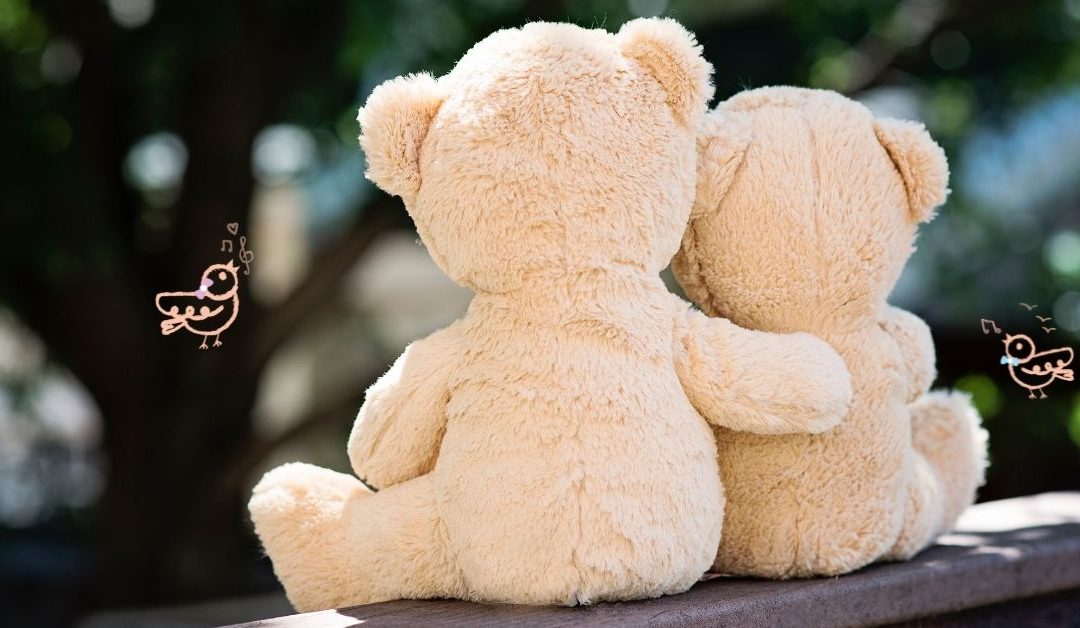Music is a vitally important part of childhood for so many reasons – but one way that it helps children to grow and develop, that is sometimes overlooked, is the impact it can have on children’s self-esteem and self-confidence.
Self-esteem refers to the kind of value we place on ourselves and how much we appreciate ourselves. The interactions we have with others play a significant part in the development of our self-esteem. The higher our self-esteem, the kinder we are to ourselves.
Self-confidence is about how confident we feel with regard to whatever we are doing at that particular point in time – so it can change depending on what we are doing, and might vary a lot between various activities. The higher our self-confidence, the more assertive and less anxious we are.
Children’s self-esteem and self-confidence can be fostered from infancy. Self-esteem begins with connection, love and acceptance, and self-confidence begins with playing and learning.
So where does music come into it? Here are some examples:
Dramatic play through music offers children the opportunity to build imaginative worlds in which they can safely take on so many different roles, including those of adults, animals, magical creatures and children. It also helps them to develop empathy by stepping into someone else’s shoes.
Simple rhymes and fingerplays allow children to practice and develop mastery in memorizing words and performing increasingly complex actions, which contributes significantly to their self-confidence – especially when they are allowed the space and time to develop these skills at their own pace, without judgment.
Lullabies and touch-based songs combine music and connection, and help babies and young children to feel safe, loved and supported. Whether they are gently rocking a teddy, having their hand held while being sung to or being bounced on a trusted caregivers knee, these little moments make an enormous difference to children’s developing self-esteem.
Music games provide environments in which children are included in play by their peers without any of the social pressure of waiting to be asked, or having to ask, to join in. They also offer opportunities for learning, success and mastery.
There are opportunities for the development of these qualities through music in adults as well – such as singing in a choir, learning to play a song on guitar, or singing along to a favourite song with friends in the car. Music universally fosters connection and all kinds of growth – and it’s never too early to start!

